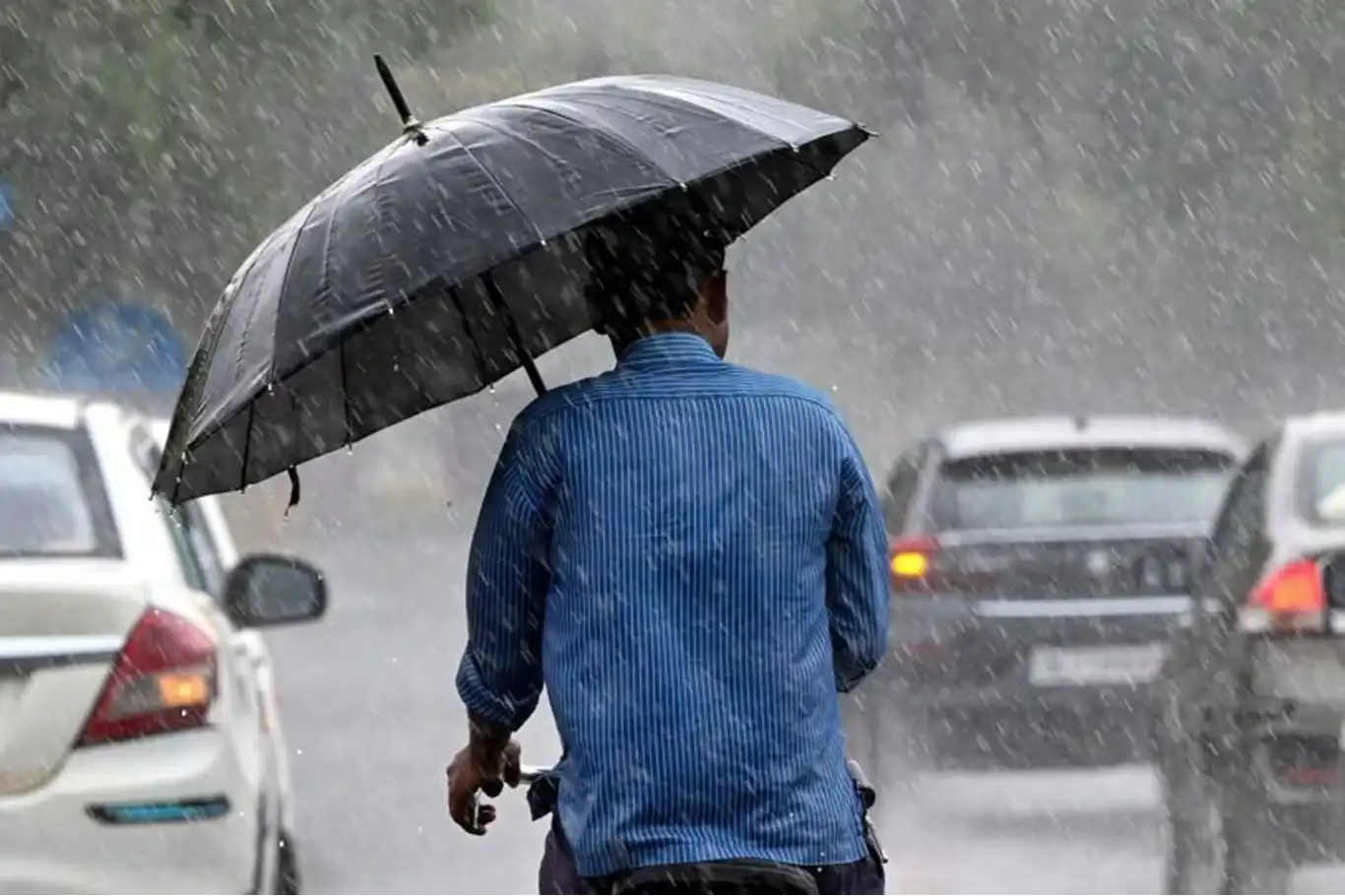Delhi gears up for first artificial rain on October 29 to combat toxic air quality


Delhi Chief Minister Rekha Gupta announced on Thursday that the national capital is set to experience its first artificial rain on October 29, as preparations for cloud seeding have been successfully completed.
The move comes as a response to escalating concerns over Delhi’s deteriorating air quality, with the Air Quality Index (AQI) reaching hazardous levels following Diwali celebrations.
In a post on X, Gupta revealed that the India Meteorological Department (IMD) has forecasted favorable cloud conditions between October 28 and 30. “Preparations have been completed for the first time in Delhi to induce artificial rain through cloud seeding. Today, experts successfully tested the technology in the Burari area. If conditions remain favorable, Delhi will experience its first artificial rain on October 29,” she stated.
The announcement follows weeks of public outcry over Delhi’s toxic air, with AQI levels consistently exceeding 400 in several areas post-Diwali, categorizing the air as “severe” and prompting health warnings. Cloud seeding, a weather modification technique, involves injecting clouds with substances like silver iodide, potassium iodide, dry ice, or salts to enhance precipitation. In Delhi’s case, the process will use aircraft to disperse these particles into clouds, mimicking ice nuclei to trigger rain formation.
According to experts, cloud seeding enhances a cloud’s ability to form ice crystals, which can fall as snow or melt into rain depending on atmospheric temperatures. The amount of rainfall depends on the presence of ice nuclei and available moisture in the clouds. The successful test in Burari has raised hopes that the technique could provide temporary relief by washing pollutants out of the air.
Recent updates indicate that the Delhi government has collaborated with the Indian Institute of Technology (IIT) Kanpur and a private weather modification firm to execute the cloud seeding project. The initiative, costing an estimated ₹10 crore, has been fast-tracked due to public health concerns. However, experts caution that while artificial rain may reduce particulate matter temporarily, it is not a long-term solution to Delhi’s chronic air pollution crisis, driven by vehicular emissions, industrial activity, and stubble burning in neighboring states.
Environmentalists have mixed reactions. While some welcome the innovative approach, others argue that cloud seeding’s environmental impact, including the use of chemicals like silver iodide, requires further scrutiny. “Cloud seeding can offer short-term relief, but it’s a band-aid solution. We need systemic measures like stricter emission norms and regional cooperation to tackle stubble burning,” said Sunita Narain, director of the Centre for Science and Environment.
The IMD has warned that the success of the October 29 cloud seeding depends on weather conditions, including sufficient cloud cover and humidity. If successful, Delhi could see light to moderate rainfall, potentially lowering AQI levels temporarily. The government has also urged residents to stay indoors during peak pollution hours and follow health advisories.
As Delhi braces for its first artificial rain, all eyes are on the skies, with hopes that this experimental measure will provide a breath of fresh air to a city choking under a toxic haze. (ILKHA)
LEGAL WARNING: All rights of the published news, photos and videos are reserved by İlke Haber Ajansı Basın Yayın San. Trade A.Ş. Under no circumstances can all or part of the news, photos and videos be used without a written contract or subscription.
A deadly explosion at a railway station in the northern Ukrainian city of Ovruch left four people dead, including the attacker, and injured twelve others on Friday.
Venezuelan President Nicolás Maduro has accused the United States of waging an ongoing campaign of psychological warfare and destabilization against his country, warning that the Bolivarian Republic will not surrender its sovereignty to imperial aggression.
Newly circulated footage has once again laid bare the brutal conditions endured by Palestinian prisoners in Israeli jails.
UNFPA Deputy Executive Director Andrew Sabeton warns that pregnant women in Gaza are delivering babies under catastrophic conditions as hospitals collapse, medicine runs out, and humanitarian aid remains blocked.